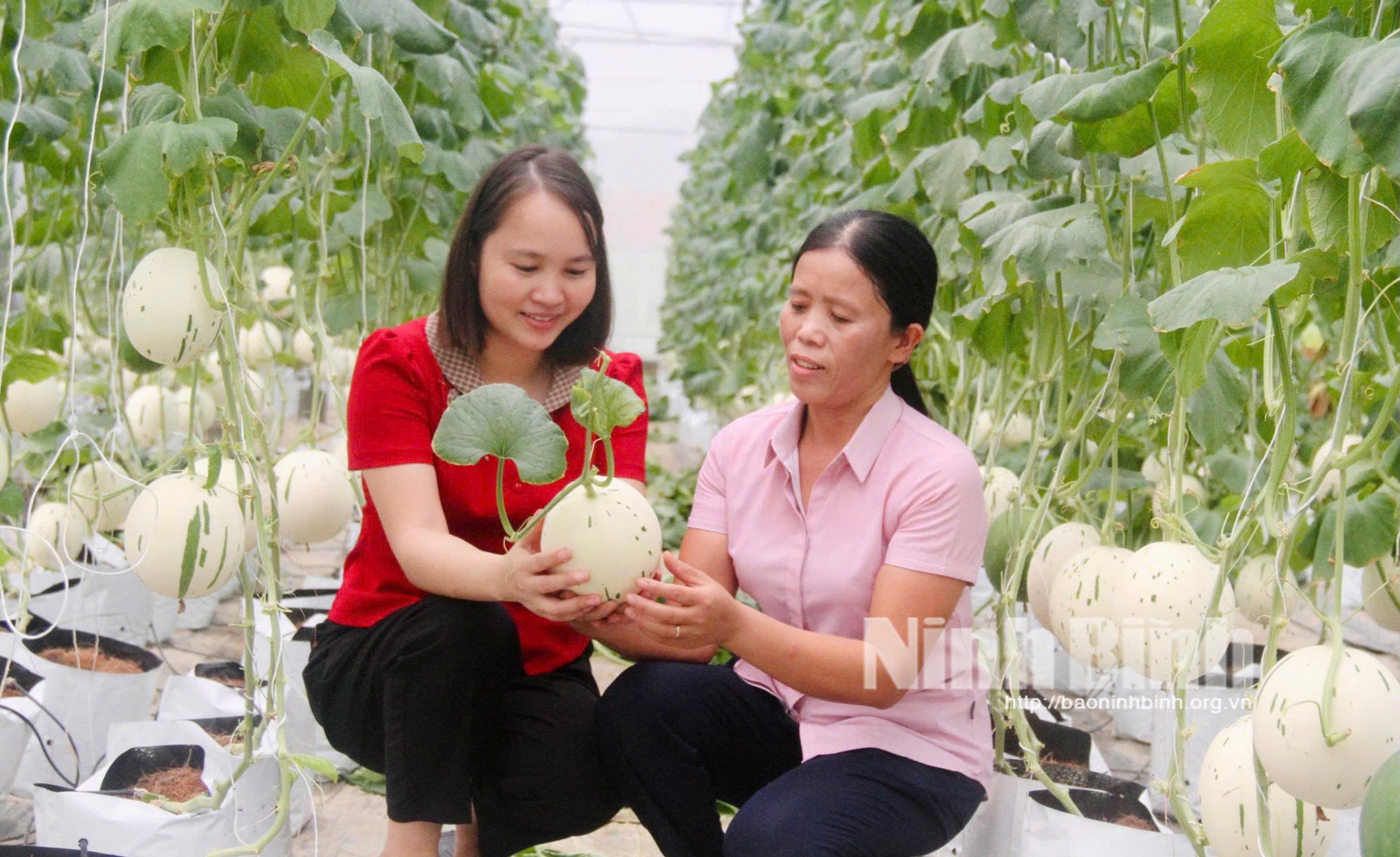
On an area of 2,000 m², Ms. Mai has invested in a modern greenhouse system, applying organic farming methods, automatic drip irrigation in a closed process. All varieties are imported directly from Japan, without using preservatives or chemical fertilizers, instead using micronutrients and biological products.
Ms. Mai shared: “At first, I was also worried because growing Japanese melons requires large investment capital and strict techniques. But thanks to learning, applying the correct process and receiving support from industries and localities, the first crop brought unexpected results. The melons are beautiful, the flesh is sweet and crunchy. When it comes to harvest, traders place orders so there is no need to worry about the output of the product.”
According to Ms. Mai, Japanese melons have the advantage of growing quickly, harvesting in just 65 days. They can be grown 5 times a year, including 4 Japanese melons and one Tet crop. Ms. Mai switched to growing Dutch melons with yellow skin and green flesh to meet peak market demand.
Ms. Mai added that the yield of a melon crop reaches nearly 7 tons, with a stable selling price of 25,000-30,000 VND/kg in the garden. After deducting costs, each year the model brings in a profit of about 200 million VND, many times higher than traditional crops.
Not only creating economic value for her family, Ms. Mai's model also creates jobs for 5 regular workers with stable income.
Ms. Nguyen Thi Hanh, a worker who has been working on the melon garden since the beginning, said: “The work in the greenhouse is quite easy, not having to endure the rain and sun like growing rice. Every month I have a stable income of more than 5 million VND, and I get to work close to home, giving me time to take care of my family.”
One of the great advantages of this model is the stable output. Ms. Mai's family's Japanese melons are currently being consumed in Hanoi , Hai Phong, wholesale markets and clean agricultural product stores in the province. The current output is not even enough to meet the demand, because traders often buy right at the garden.
It is no coincidence that Mai’s family’s melon products have affirmed their quality and brand among countless other agricultural products. It is the “sweet fruit” of a hard-working process of learning, researching, and testing with strict technical care requirements.
Mr. Mai Van Cong, a technical worker in charge of the garden, said that to produce delicious, beautiful, and well-balanced milk melons, growers must regularly check and care for the melon plants from the time of making the substrate, planting seeds, to the process of flowering and fruiting.
In addition, it is necessary to use modern machinery such as automatic drip irrigation systems, nutrient meters, and sweetness meters. The application of greenhouse models and modern technology not only increases productivity, but also controls consistent quality, meeting strict market standards.
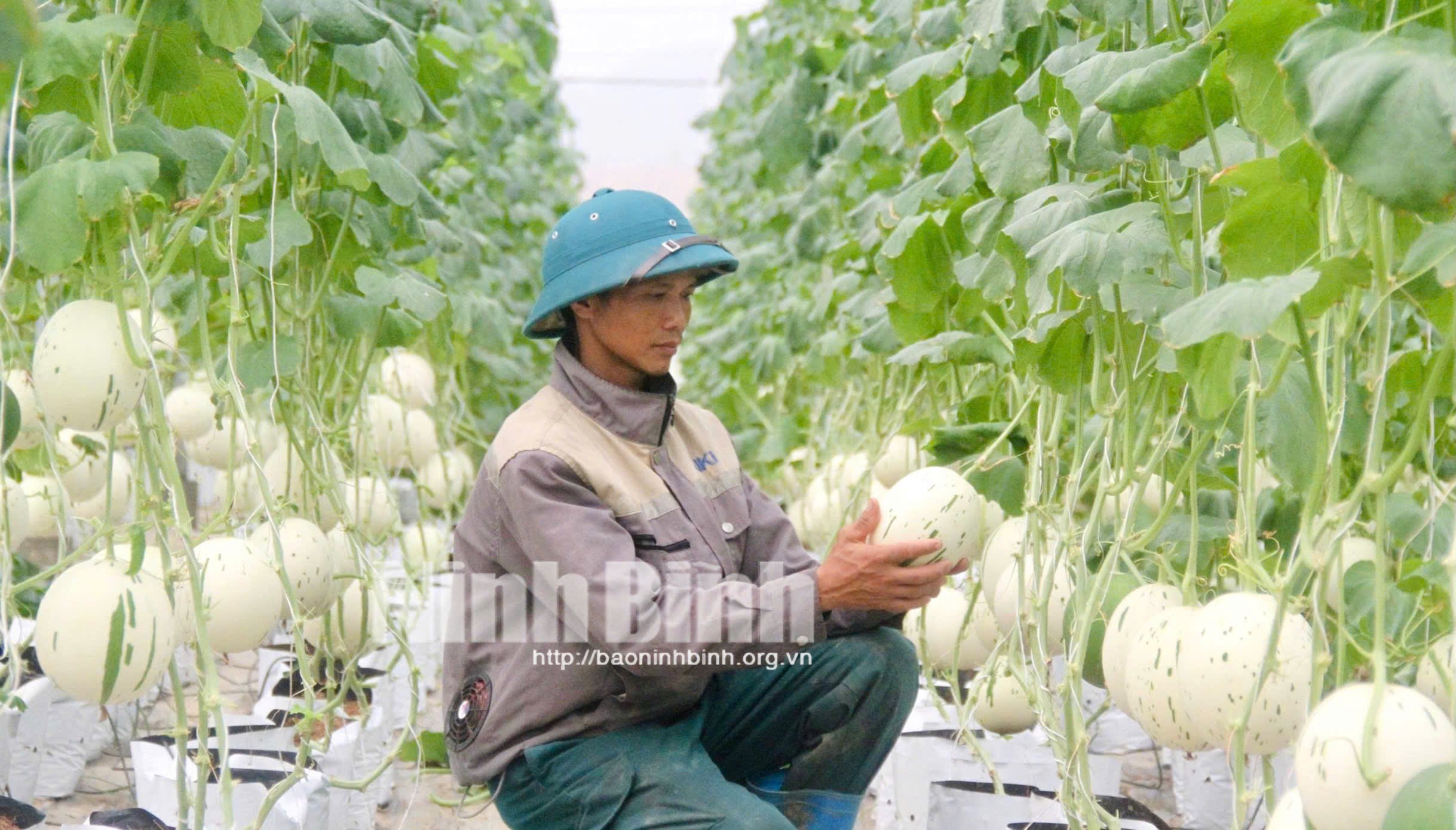
In early 2025, Ms. Mai's model was supported by the Provincial Cooperative Union with irrigation systems, storage facilities, and traceability labels. This is an important foundation to help Dong Thai's Japanese melon products affirm their brand and improve their competitiveness in the market.
However, Ms. Mai also expressed: “What we want is to continue to receive support in terms of seeds, capital and especially brand promotion so that the value of the products will be enhanced in the domestic market. If there are more businesses accompanying us in the consumption stage, farmers will feel secure in expanding their scale.”
Thanks to her bold change in production thinking and application of technology, Ms. Pham Thi Mai's Japanese melon model in greenhouses has brought about clear results: high productivity, outstanding economic value, stable consumer market and creating livelihoods for many workers.
This is one of the proofs that high-tech agriculture is not only a trend but is actually bringing “sweet fruit” to farmers. In the context of increasing demand for clean agricultural products, the Japanese melon model in greenhouses is opening up a new and promising direction for Dong Thai people, contributing to building agricultural product brands towards commodities, safety and sustainability.
Source: https://baoninhbinh.org.vn/hieu-qua-tu-mo-hinh-trong-dua-sua-trong-nha-luoi-798889.htm


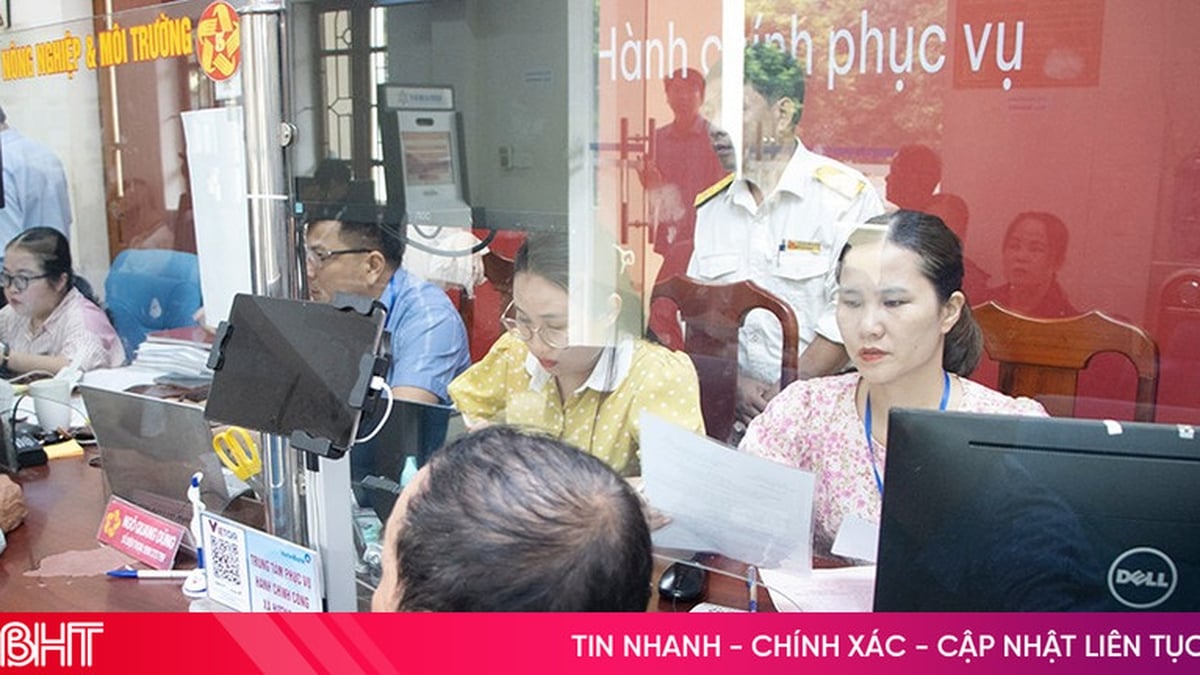


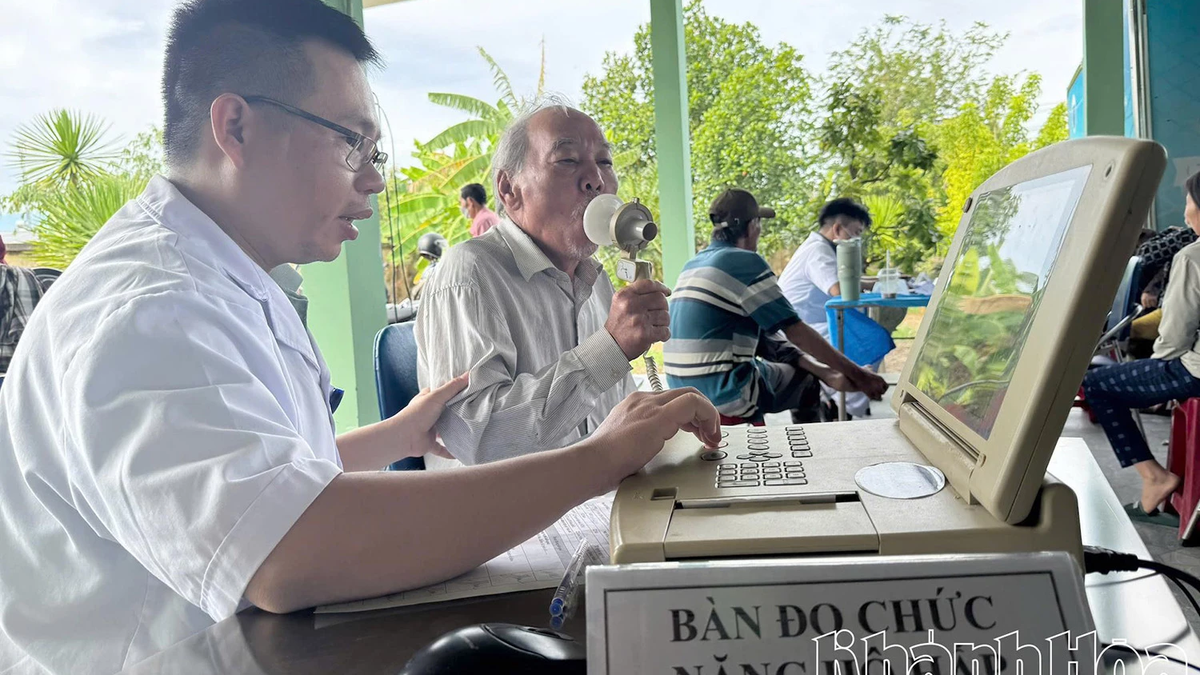



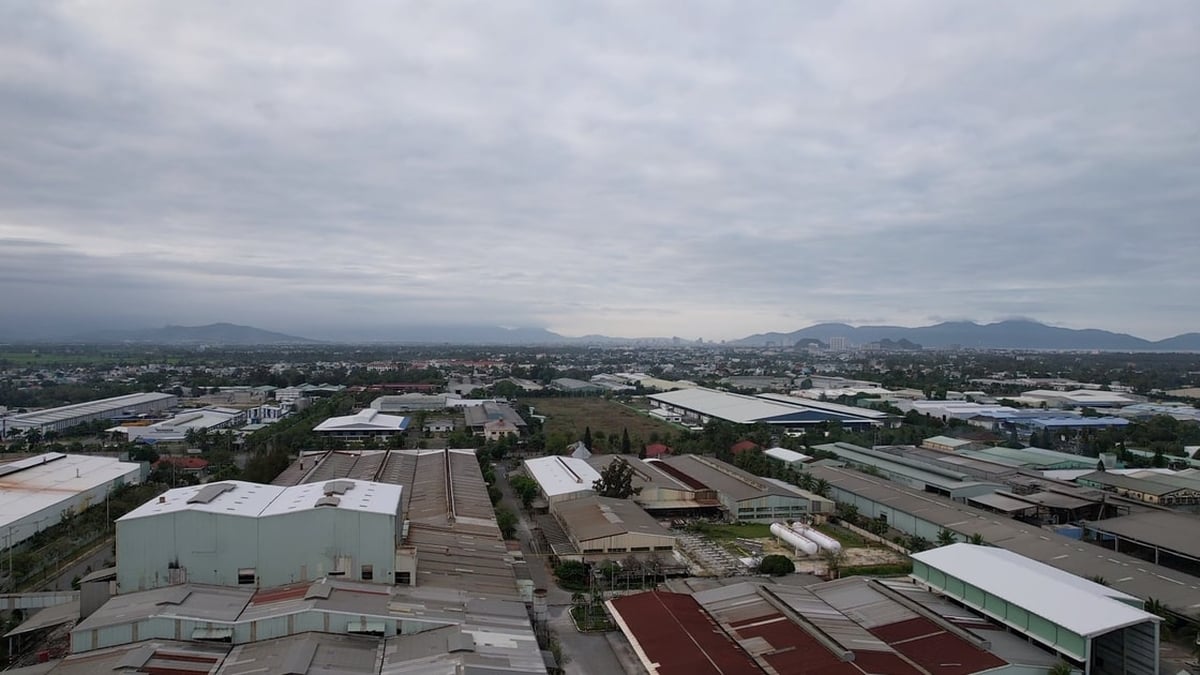



















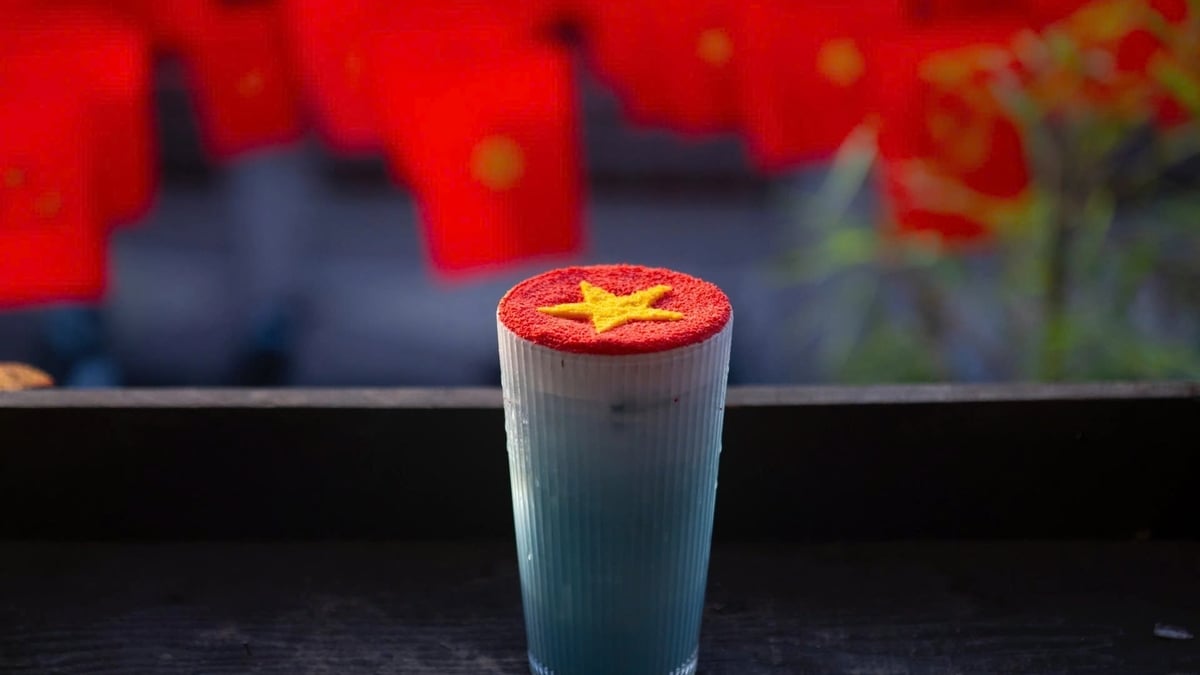
















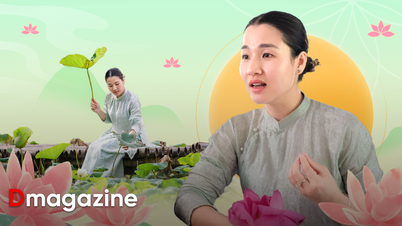





























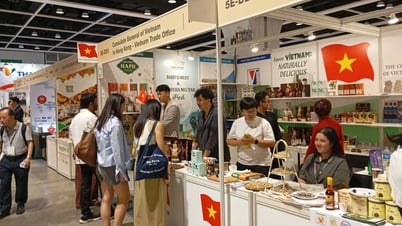









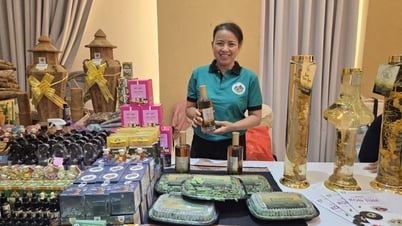

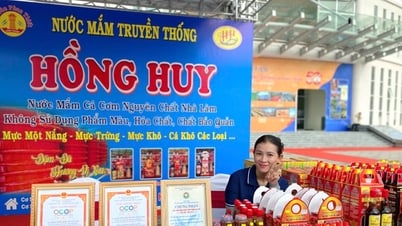



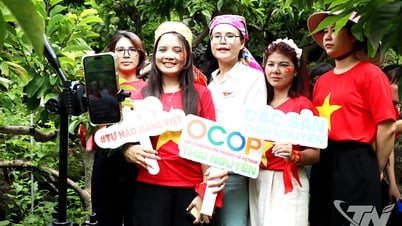

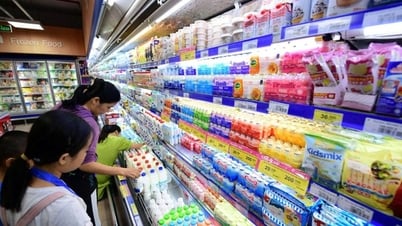

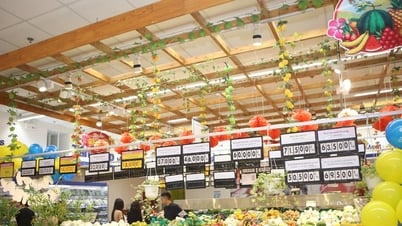


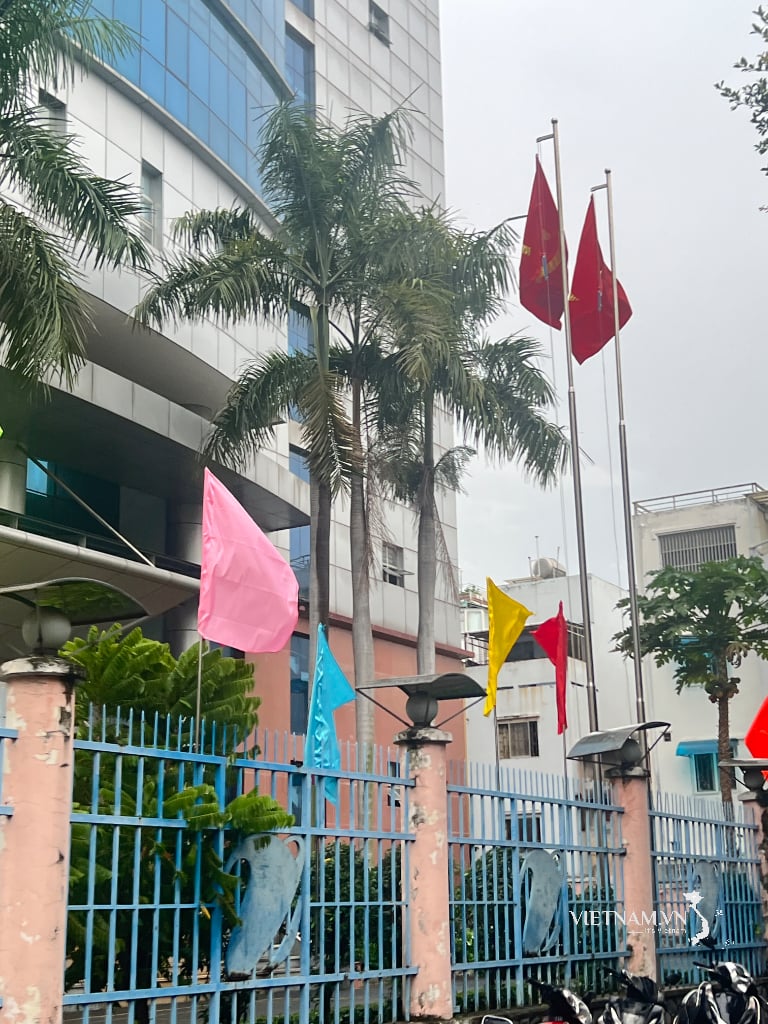
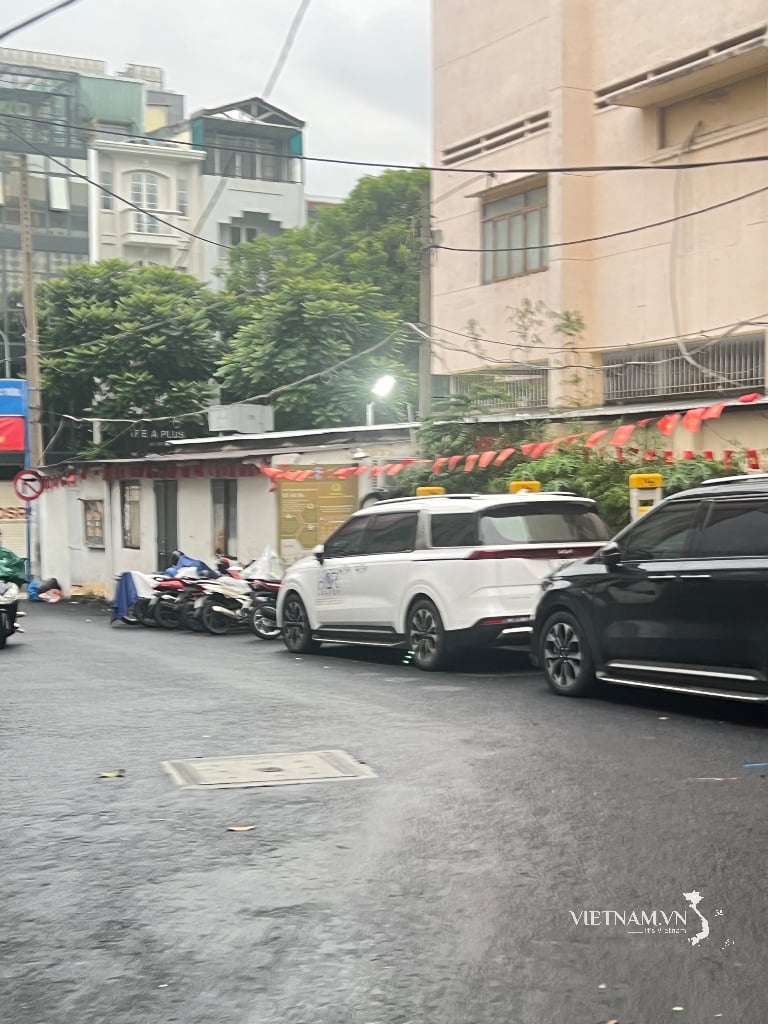

Comment (0)